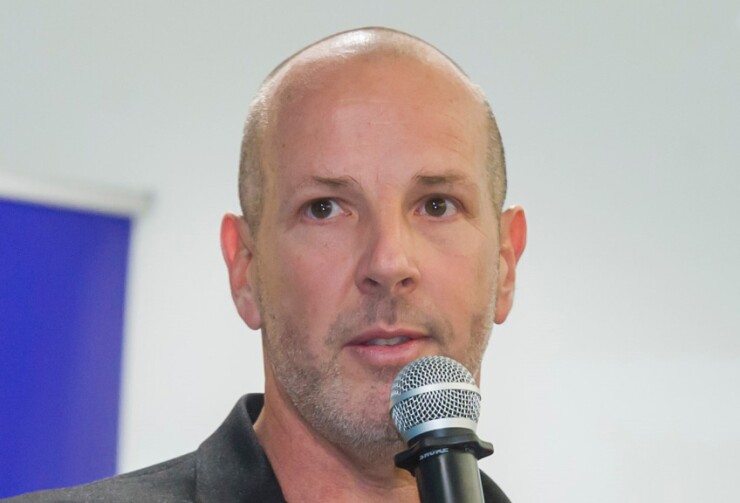As social media platforms scale back their underperforming payment integrations, Israeli startup PayKey is gearing up for the next wave of innovation — with banks as its ally.
It seems like a strange time to go to market with Twitter phasing out its Buy Button. According to TechCrunch, which received
Other applications that have tried to blend social media and payments have dealt with

But not every social payment system has floundered. In 2015, WeChat processed more than $550 billion in payments. And the same year, PayPal, which owns social payment app Venmo, processed $280 billion in payments.
“Four of the five biggest messengers—Facebook, WeChat in China, Line in Japan and SnapChat—have added payment options,” said Guy Talmi, chief marketing officer at PayKey. "The numbers are staggering. The banks aren’t fighting against other financial institutions but the biggest names in social media; that’s a huge threat to them."
Banks are unlikely to develop their own social media platforms, but they may have a chance to overtake this market by customizing the smartphone's keyboard app. PayKey's software keyboard, which looks identical to a generic smartphone keyboard with the addition of a bank-branded payment key, can be used with any text messaging app.
“It’s just a regular keyboard … but once you press the payment button, the payment flow is initiated,” Talmi said.
That flow consists of four steps: Selecting the contact to send the payment to, typing in the amount, authenticating and then approving the transaction.
If both parties have the same bank, the recipient gets a notification that money has been transferred to their account. If the recipient doesn’t have the same bank, then the payer’s bank can check a centralized database to match the recipient’s name and phone number with a bank account; if the bank cannot find a match, then the recipient gets a notification with a mobile link that requests their bank account details to receive the money.
PayKey’s system is live in a handful of large banks, including WestPac in Australia, SpareBank 1 in Norway and Davivienda in Columbia. The startup also has 10 pilot projects underway, and is talking to another 70 banks all over the world.
A downloadable keyboard could calm some of the worries banks have about adding social components, said Talie Baker, a banking and payments analyst at Aite Group.
“Banks have been hesitant to add social components to their mobile apps because of security risks,” Baker said. PayKey “allows them to bring a social component to the payments process without exposing the bank network to more risk.”
Plus, said Talmi, messaging applications that have typically been walled gardens like WhatsApp can’t block the feature.
While Venmo and other third party payment apps have captured significant market share, especially with a younger demographic, this momentum might be more due to the lack of bank options. According to
“There’s a gap between their desire and the experiences provided by the bank,” Talmi said. “We want to close the gap between the trusted position of bank as money management provider and the user experiences that social media offer.”
And the way PayKey is doing this, by providing one integration for every messaging app, will lure banks to the product as well, said Baker.





